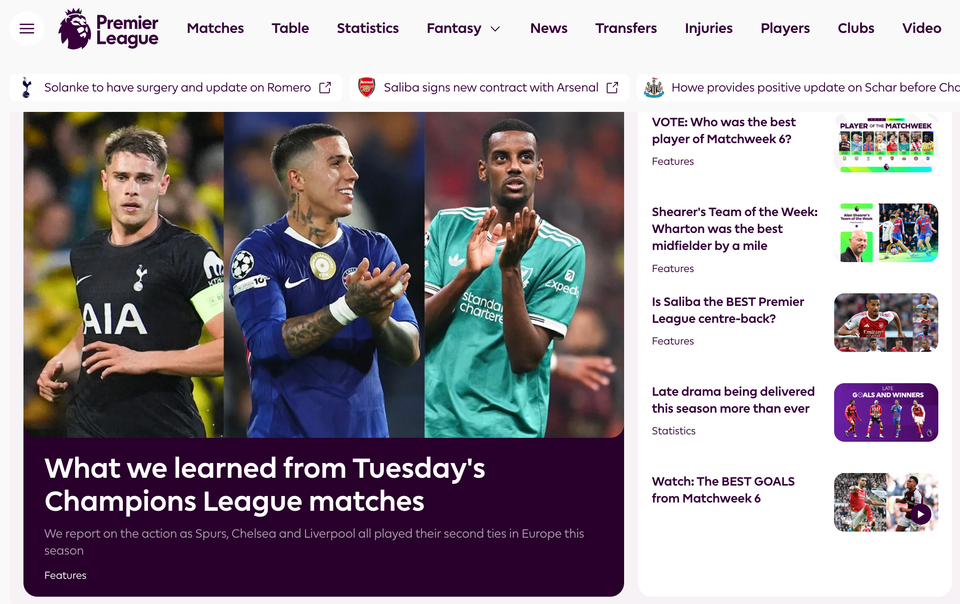Buy an Xbox for $99 and $15/month… how long before I can get my MacBook Air this way?
For a long time I’ve been banging on about renting and leasing. WHen it comes to consumer technology, I rarely ever want to actually own it. Why bother? What is the point? Especially when there’s going to be another one along in 9 months. Or a few years.
I don’t want the management overhead.
A lot of people think I’m nuts.
That’s because they’re wedded to the old model of consumption that requires you to own, own, own.
I find it far more effective to be able to lease, hire or rent the use of technology, rather than have to mess around supporting and maintaining it.
We haven’t quite got there with the mobile industry. O2 is the only retailer that’s jumped properly into the market with their £55/month one-year agreement for the iPhone 4S. You simply pay the fee per month and that covers the lease of the device and your service plan. At the end of the 12 month agreement, you either give the phone back or you swap it for a new one. Love it. I don’t want to be left stuck holding an old phone that I need to then sell myself. I just want the utility.
Folk also think I’m nuts when I explain that I want to be able to get a MacBook Air on a pay-monthly arrangement. Most of the people in the mobile operators think I’m crazy. One or two actually get the concept.
Today’s news from Microsoft should get a few companies dusting off their product marketing plans. Microsoft is reported to be preparing to offer an Xbox 360 bundled with Kinect plus an Xbox Live Gold Account for $99 up front and $15 per month, based on a 2-year agreement.
VentureBeat has run the comparison numbers:
To purchase the same Xbox 360 + Kinect bundle now, you’d have to shell out $299, plus another $120 for a two-year Xbox Live Gold contract, for a total of $420. With the new bundle, you’d be paying $459 over two years — a difference that many consumers likely wouldn’t mind.
The net result? This new pricing proposal is likely to result in a dramatic shift in the console marketplace. If you were going to pay for the Xbox Live Gold account anyway, you might as well pick up the device for $99 and pay the $15/month. That’s a heck of a lot easier to swallow than $300 up front.
The subsidy model is completely familiar to most people in the West accustomed to getting their mobile device technology in this manner.
What then, for the rest of the consumer technology marketplace?
To put this in perspective, are you thinking about buying an iPad?
Right. Pretend you are. Assume for the moment that you really like the idea of getting a new iPad but that you’re rather seriously put off by the price?
How about getting the iPad for £49 up front and then £14.99 a month? That changes things doesn’t it? All of a sudden that’s eminently accessible. That’s just £3.20 a week. You could pay for it via your iTunes account billed to your credit card. Heck, that’s not far off the amount of money I pay for the Telegraph app every month.
How would the wider market cope with Apple, Sony, or other technology firms all of a sudden adopting the pay-per-month subsidy concept?
We’ve seen this model used by the mobile operators with iPads — indeed I’m still paying £25/month to Vodafone for my old iPad 2.
Imagine this model applied to SLR digital cameras or televisions or other consumer electronics?
I’d like to see what would happen to consumption if Apple all of a sudden introduced a subscription plan for all their products and services.
We’d be a step closer to my vision of a ‘lifestyle subscription’.
£59 per month gets you an iPhone and an iPad.
£89 gets you iPhone, iPad and MacBook Air.
£169 gets you iPhone, iPad, Apple TV and Mac Pro desktop. Add £49 per month for dual 28″ screens.
I’m obviously just making up those prices — I don’t think they’re necessarily realistic.
This type of model might very well be useful for some of the other consumer goods companies aiming to differentiate or distort the market for their benefit.
I’ll be watching this space!
Update: Here’s a video summarising the various opinions from around the web via Newsy:



